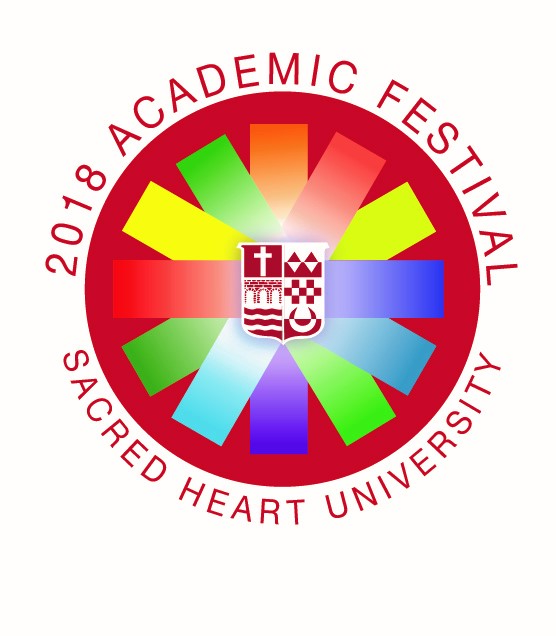Mentor/s
Dr. Khawaja Mamun (Sacred Heart University Jack Welch College of Business, Department of Economics)
Participation Type
Poster
Abstract
Through pooled cross-sectional analysis of data from the OECD’s triennial Programme for International Student Assessment (PISA), we estimate the effects of a nation’s research and development expenditure on scientific literacy. Controlling for economic, educational, and demographic factors for over sixty countries between 1998 and 2015, we find that the amount of funds a nation allocates towards research and development has a positive and statistically significant association with scientific literacy. These results suggest that, along with established socioeconomic and educational determinants of scholastic achievement, the prioritization of research and development by a nation—beginning with policymakers—may function as a tacit cultural approval of science, and therefore may be auspicious to the quality and efficacy of science education.
College and Major available
Business Economics
Location
University Commons
Start Day/Time
4-20-2018 1:00 PM
End Day/Time
4-20-2018 3:00 PM
Creative Commons License

This work is licensed under a Creative Commons Attribution-Noncommercial-Share Alike 4.0 License.
Prize Categories
Best Multidisciplinary Research or Collaboration, Most Creative, Most Meaningful
The Impact of a Nation’s Research and Development Expenditure On Scientific Literacy
University Commons
Through pooled cross-sectional analysis of data from the OECD’s triennial Programme for International Student Assessment (PISA), we estimate the effects of a nation’s research and development expenditure on scientific literacy. Controlling for economic, educational, and demographic factors for over sixty countries between 1998 and 2015, we find that the amount of funds a nation allocates towards research and development has a positive and statistically significant association with scientific literacy. These results suggest that, along with established socioeconomic and educational determinants of scholastic achievement, the prioritization of research and development by a nation—beginning with policymakers—may function as a tacit cultural approval of science, and therefore may be auspicious to the quality and efficacy of science education.




Students' Information
Provost's Prize 2018 Academic Festival
Winner Jack Welch College of Business Dean's Prize 2018 Academic Festival
Winner Best Multidisciplinary Research or Collaboration 2018 Academic Festival
Writing Across the Curriculum 2018 Second Prize